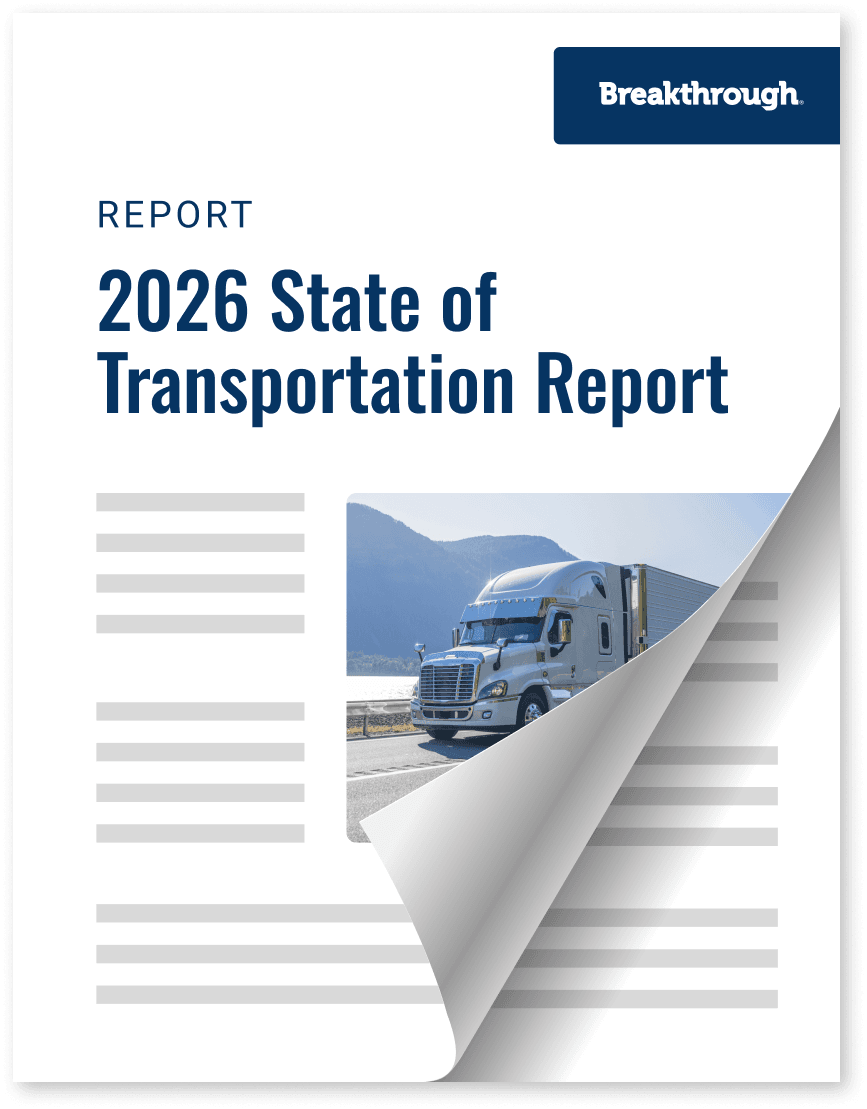2026 State of Transportation Report

Trending
Top Posts
4 min read
October 9, 2023

Share:
Table of contents
Browse the table of contents to jump straight to the part you’re looking for
Note: We will discuss these developments and share our analysis for shippers’ transportation budgets, including energy and linehaul rate forecasts in our next Advisor Webcast on Thursday, October 19, 2023, at 2 P.M. CDT. An invitation will be shared soon. Please contact your client account manager for more information.
The recent military assault on Israel by Hamas and consequent Israeli air strikes on Gaza drove crude oil and transportation energy prices higher to begin the second week of October. Crude oil prices rose more than 3% on Monday due to fears of a broader conflict impacting global oil supply from the Middle East. The longer-term impact of the conflict remains speculative. Therefore, we maintain our forecast perspective that diesel prices will remain elevated and well above 2015 to 2020 price levels through our long-term forecast.
The Israel-Palestinian conflict will increase short-term price volatility for crude oil and energy products that are refined from it, like diesel. This is demonstrated by the week-to-week change in market price drivers. Last week, West Texas Intermediate (WTI) crude oil prices experienced the steepest decline since March, dropping by over 8% on account of growing concerns for weak international economic growth.
The escalation of the Israeli-Palestinian conflict is a significant worry for global supply chains, especially the energy market. While analysts deem it improbable, they recognize that Hamas has ties with Iran, and the possibility of the conflict spreading beyond borders exists.
The long-term implications of the latest deterioration in Israeli-Palestinian relations are speculative and join a list of market considerations when contemplating and budgeting for the cost of transportation energy during Q4 2023 and beyond.
It is worth noting that geopolitical risk does not influence the crude oil market as heavily as it once did. The market has grown accustomed to regional instability, and it typically does not disrupt energy product flows. The recent reorganization of oil and natural gas flows in response to sanctions on Russian energy demonstrates the energy market's adaptability to disruption.
To end 2023 and begin 2024, here are other considerations for transportation energy price risk:
As a leading innovator in the transportation industry, Breakthrough closely monitors market developments and leverages data and statistics to provide valuable insights for our clients. Breakthrough is committed to being a trusted advisor to shippers’ transportation networks.
For more information, please contact your client account manager or email us directly at appliedknowledge@breakthroughfuel.com.

5 min read
February 23, 2026
Explore how escalating U.S.–Iran tensions are impacting global energy markets, driving volatility in crude oil and diesel prices, and increasing supply chain risks.
Read more
7 min read
February 23, 2026
The Supreme Court has ruled against the use of IEEPA tariffs. Understand the decision, the administration's response, and the impact on your supply chain.
Read more
7 min read
February 20, 2026
Explore practical sustainable transportation strategies that reduce emissions and costs. Learn how to balance sustainability goals with operational efficiency.
Read more